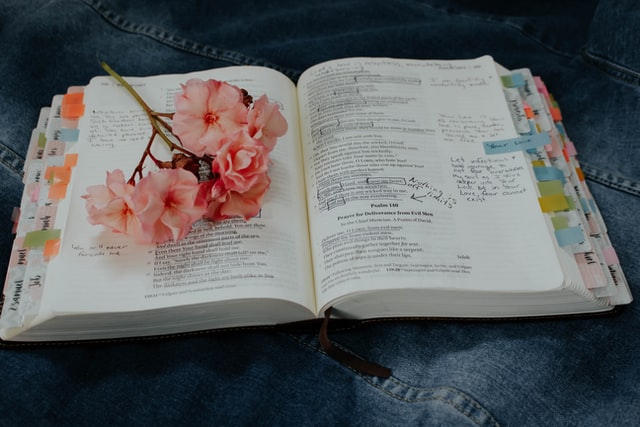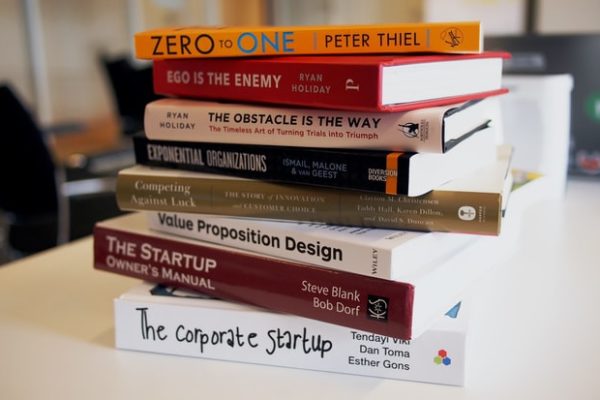I think that one of the most common dilemmas for learners in terms of learning vocabulary is not knowing where to start, what words to learn, and how to learn without forgetting them.
So, I decided to ask all these questions to an outstanding teacher, Csabi Berger. Polyglot himself, he has been teaching for 13 years and specializes in vocabulary.
Here are the key points of our conversation on Instagram:
How to choose what words we should learn
We should focus on the most frequent and useful words that will help us eventually hold a conversation without hesitation.
It’s vital to focus on the first 1,000 most frequent words that allow us to understand and maintain 90% of a conversation. (See the list here)
The next step is Oxford 3,000 – the list of the most frequent words from A1 to B2 level (download it here)
Then, Oxford 5,000 – the list of the most frequently used words from B2 to C2 level (download it here)
Csabi recommends taking these lists, checking the words you know, and focusing on those you don’t know.
Make sure to check off only words that you really know: not only should you understand their meaning, but you should also know how to use them and use them in your everyday speech.
When you know all the words from both lists, you can focus on the words that are important to you – that is, the words you need for your day-to-day conversations with friends, colleagues etc.
The best way to identify the words you need is to answer this question: What do you talk about the most in your life? Create a list of topics and then start planning your learning routine.

How Many Words Should We Learn
According to the latest studies, a person can learn 7-8 new words a day. In theory, you could learn more than 50 words a week.
But the thing is that not so many people nowadays have time to spend on learning 7-8 words a day. Simply looking at a word and repeating it twice or making several sentences is not enough.
It’s about quality, not quantity: learn fewer words but properly.
Main Rules for Learning New Words:
– learn not one word but a family of words (market – marketing – marketer)
– see how the word is spelled and pronounced
– learning through the context
– identify pictures, stories that you associate with the word
How to make our own sentence and make sure that it’s correct?
Use collocation dictionaries to learn what verb, adjective, and preposition to use with the word
ozdic.com, Oxford collocation dictionary, fraze.it
What Are the Best Tools to Learn and Practice Vocabulary
Use flashcards tools that allow you to learn using spaced repetition – a method of reviewing material at systematic intervals.
At the beginning of the learning process, the intervals are spaced closely together (for example, one hour; four hours; one day). As the material is reviewed, the intervals become systematically longer (four days; one week; two weeks).
Tools: Flashcards Deluxe or anki
What Things to Avoid While Learning New Words
– Spending time on content that is for everyone (that doesn’t suit your needs)
– Spending time on reading lists of words without a context and audio-video materials
– Ignoring pronunciation of the words and saying the words many times in a context
– Translating word by word rather than the entire expression or a sentence
You can watch the full interview here or listen to the audio:
Once you finish, tell us your main takeaways from it. What methods will you use in your vocabulary learning process? Obssesed with vocab learning? Check out more words here.
Learn more with Csabi on his Instagram page @smartspeakenglish or YouTube Channel. Check out his programs that focus on vocabulary learning using the best practices.
Additional information:
7-day strategy of gaining fluency
Photo credit: Rachel Coyne, @chalis007



![6 Steps to Skyrocket Your Learning Process [by Jim Kwik] 6 Steps to Skyrocket Your Learning Process [by Jim Kwik]](https://about-english.com/wp-content/uploads/2023/02/lilartsy-333oj7zFsdg-unsplash-600x400.jpg)



Hello everyone!!.
Thanks for sharing all those interesting and meaningful “tools and strategy” in order to develop and build up a vocabulary that is going to last in the long term memory!!.
As you mentioned in the post, I’ve started to implement my ability to remember and practice old and new vocabularies according to the family of words!. Most of all, I start from the topics that are really familiar to me and focusing the attention on the words that I already know.
In my personal experience, using words in sentences and contexts that make sense to me is one of the most relevant and effective strategy.
But I agree with your advice that associate a word to a picture that resonate with my life and learning process is really useful as well.
I want to add that to make even “things” more captivating I would suggest to play around intonation while you’re repeating the sentences out loud!!.
One of the secret is that you have to figure it by yourself a way to make your learning journey very enjoyable according to your needs, passion and knowledge!!!.
Thanks again for sharing lots of essential suggestions and effective ways to improve our own learning path.
Have a nice day,
Alessandro.